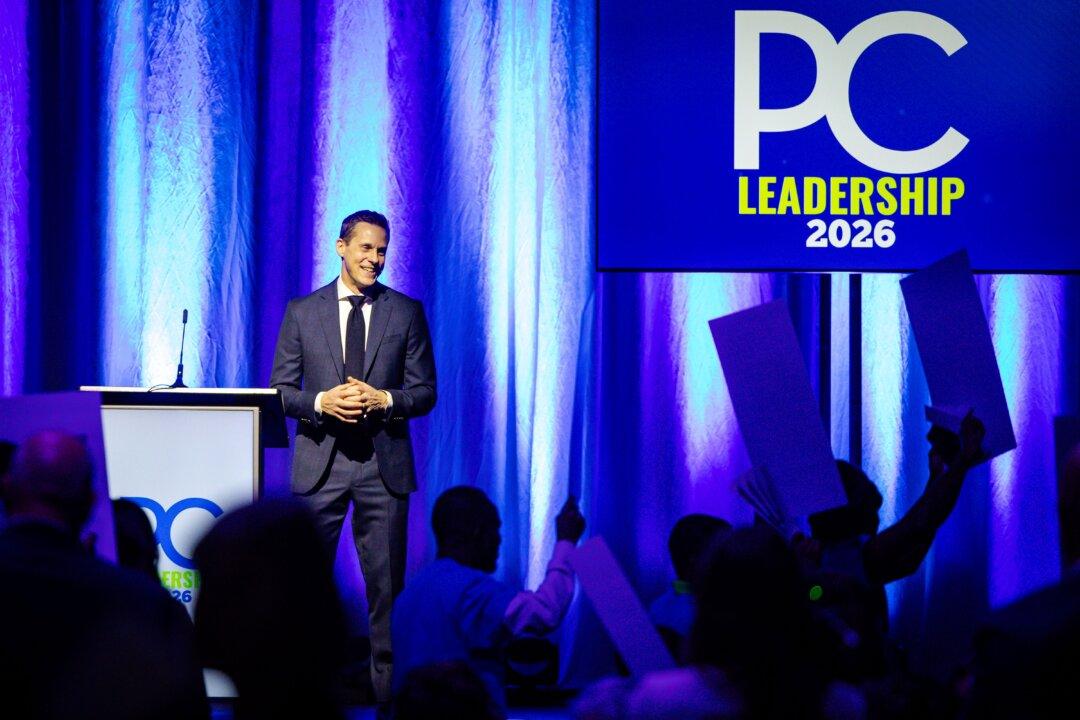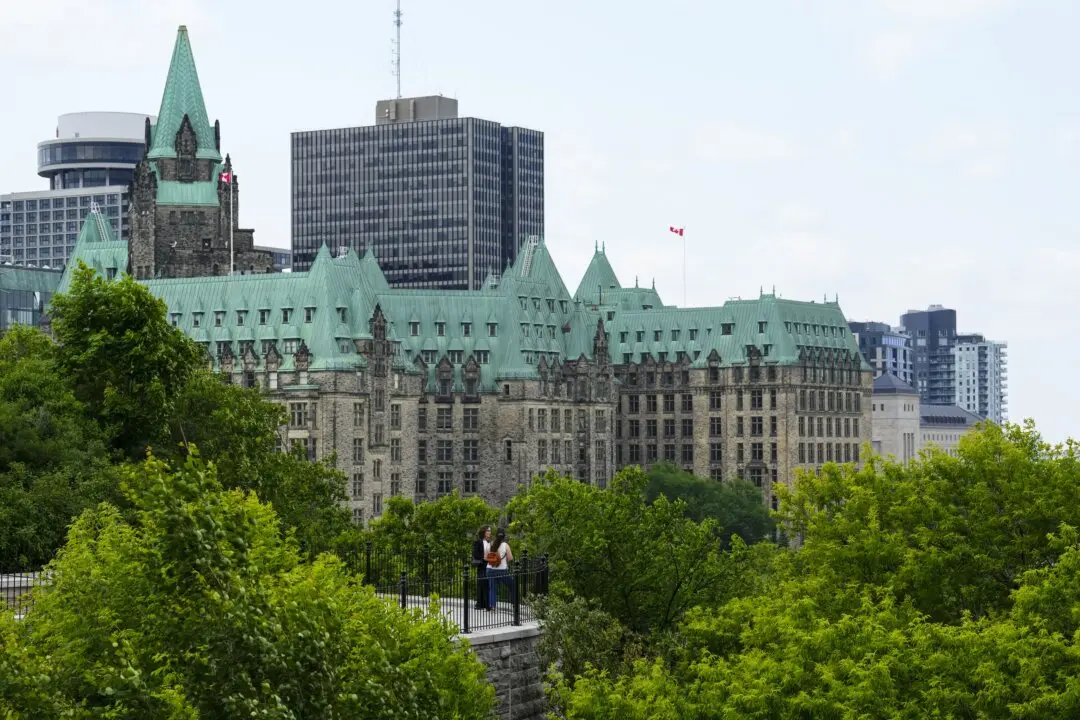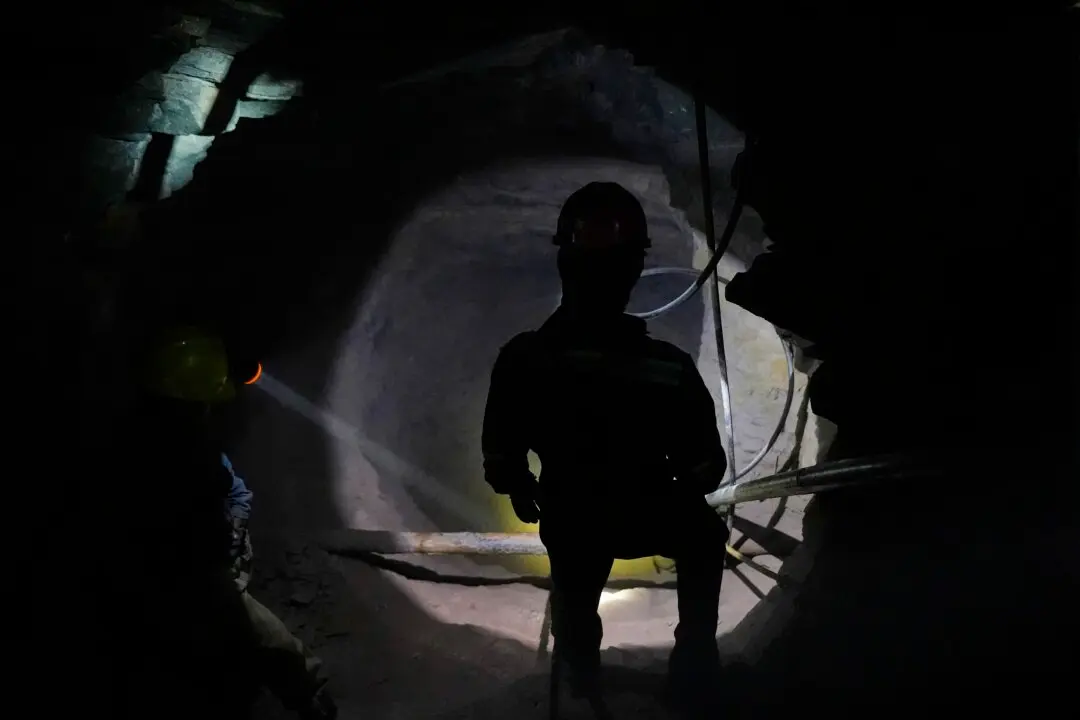Alberta Premier Danielle Smith said she’s looking to adopt the pipeline strategy of Saskatchewan Premier Scott Moe, who recently designated all pipeline permits in his province as “pre-approved.”
Moe made the comments on Feb. 26 while visiting Washington to meet with business leaders and politicians to discuss U.S. President Donald Trump’s tariff threats. Moe announced on social media the same day that “effective immediately” all pipeline permits “going east, west, or south received in Saskatchewan will be considered pre-approved.” He also encouraged all provinces and the federal government to follow suit.





